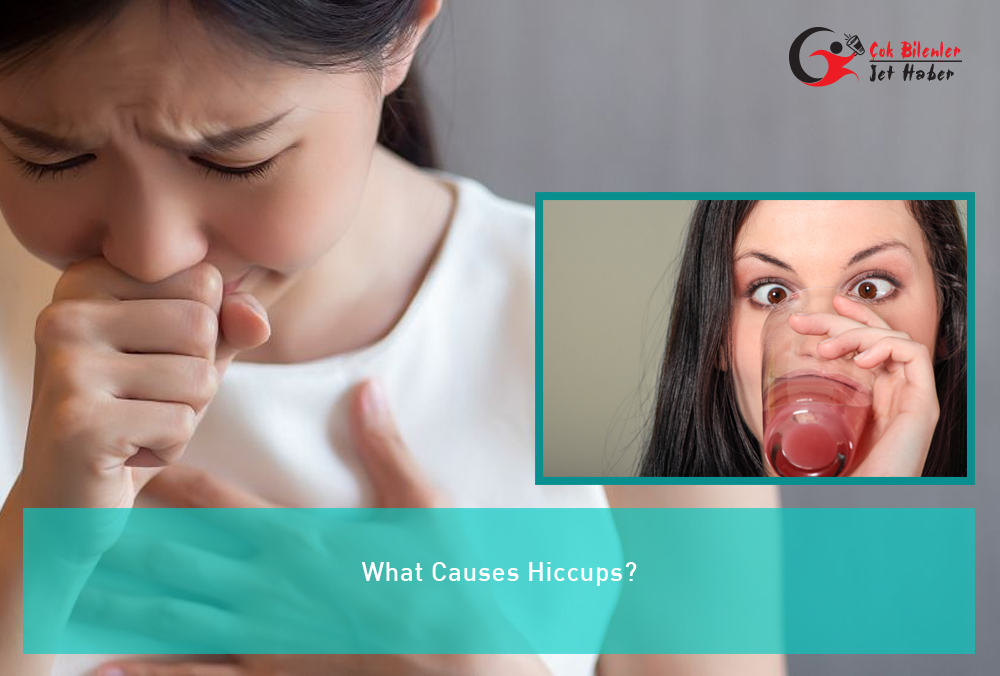What causes hiccups and how to get rid of them, what causes hiccups while sleeping, what causes hiccups when you eat, what causes hiccups in dogs, what causes leg cramps, what causes kidney stones, what causes dizziness, what causes hiccups, what causes diarrhea, what causes dry mouth,
Hiccups are a common occurrence and have puzzled many people as to what causes them. Here, we'll delve into the scientific and medical terminology surrounding hiccups and explore what may cause them.
What are Hiccups?
Hiccups, also known as singultus, are involuntary contractions of the diaphragm muscle. These contractions are short and intermittent, causing a sudden inhalation that is then followed by the closure of the vocal cords, producing the signature "hic" sound.
What Causes Hiccups?
There are a variety of factors that can lead to hiccups, ranging from mundane to severe medical conditions. The most common cause of hiccups is overeating or consuming a carbonated beverage, which can cause the stomach to expand and irritate the diaphragm.
Another possible cause of hiccups is drinking alcohol or smoking, which may interfere with the normal functioning of the diaphragm muscle. Stress or excitement can also lead to hiccups, as can eating spicy foods or experiencing sudden temperature changes.
Additionally, medical conditions such as gastroesophageal reflux disease (GERD), pneumonia, or neurological disorders can cause hiccups. In rare cases, hiccups may be a symptom of something more serious, such as a tumor or stroke.
How Long Do Hiccups Last?
Hiccups generally last for only a few minutes and are harmless. However, in some cases, hiccups can last for hours or even days, causing discomfort and disrupting daily activities.
When hiccups persist for an extended period of time, it is important to seek medical attention to rule out any underlying medical conditions.
Treatment for Hiccups
In most cases, hiccups do not require treatment and will go away on their own. Drinking a glass of water, breathing into a paper bag, or holding your breath for a few seconds may help relieve hiccups.
If hiccups persist for an extended period of time, medical treatment may be necessary. This could involve medications to relax the diaphragm muscle or treat an underlying medical condition.
Conclusion
While hiccups may seem like a simple and harmless occurrence, they can sometimes be indicative of a more serious health issue. By understanding the terminology surrounding hiccups and its possible causes, we can better identify when medical treatment may be necessary.


Also read:
.Blog Archive
Total Pageviews
Search This Blog
-
Contoh soalan ujian aptitude apel, contoh soalan ujian aptitude apel t6, contoh soal assessment test pdf, contoh soalan exam spa, contoh soa...
-
Cara untuk menjawab soalan hubungan sains dengan, cara untuk menjawab soalan hubungan etnik, cara untuk menjawab soalan temuduga, cara untuk...
-
Contoh soalan spm matematik kertas 1 upsr, contoh soalan spm matematik tambahan, contoh soalan spm matematik kssm, contoh soalan spm matemat...


